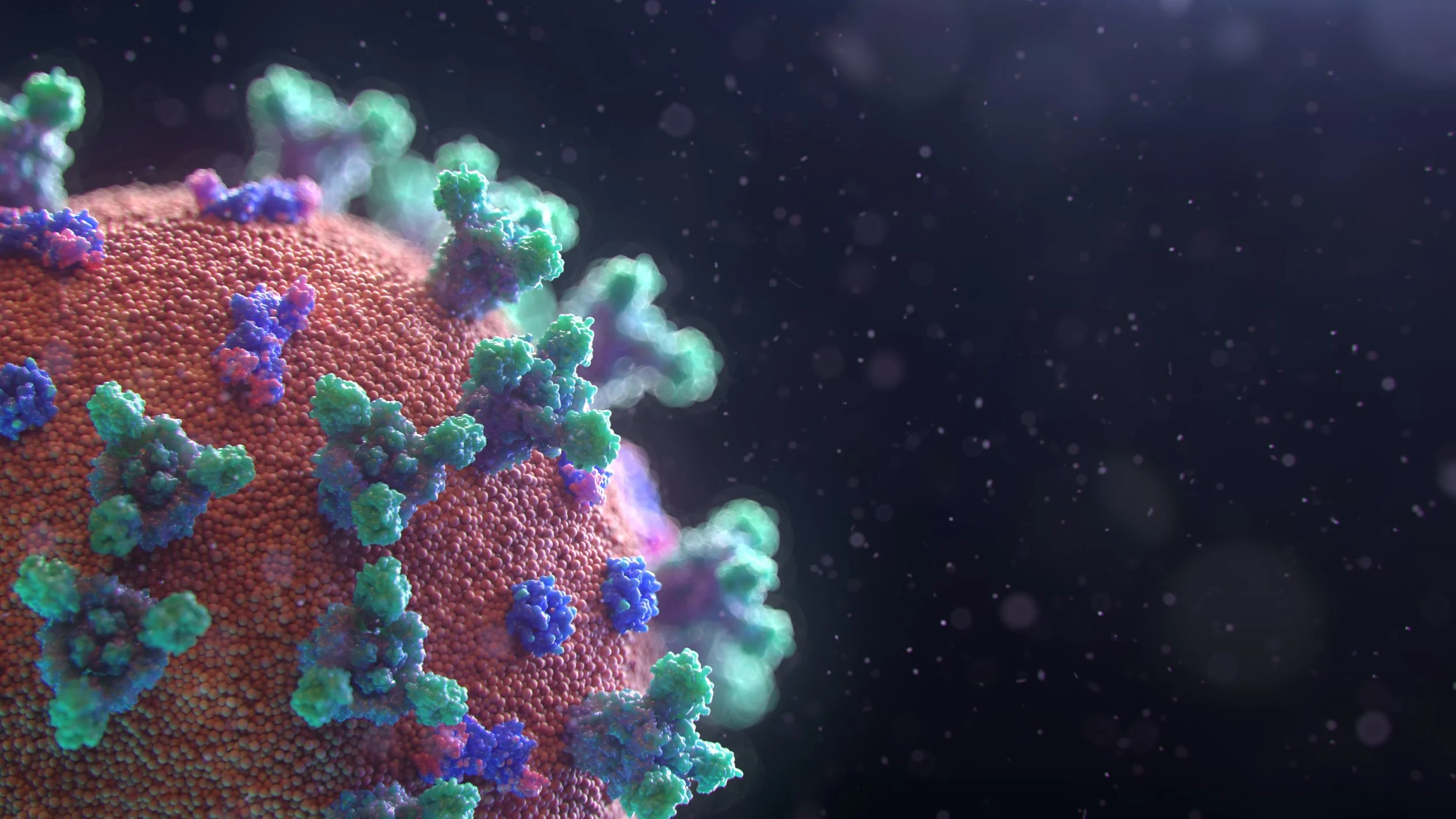
Creating a better future
How can we ensure a promising future for all?
Cause Areas > Safeguarding the Future
Why focus on the long-term future?
Most people think we should have at least some degree of concern for future generations. But this obvious-sounding idea can lead to some surprising conclusions.
Since the future might be very long, there could be far more people in future generations than in the present generation. This means that if you want to make the world better in an impartial way (without regard to race, class, or place or time of birth) then ensuring that the future goes well is probably one of the most impactful things you could do.
Many in the effective altruism community share this view that ensuring a bright future is one of the most pressing moral priorities of our time. Initial research also suggests that safeguarding the longterm future could be a highly cost effective way of doing good, given that it scores highly on scale, neglectedness and tractability:
Scale
Āwhata
If the Earth remains habitable for the 600–800 million years currently predicted, there could be over 20 million future generations.¹
Neglectedness
Mahuetanga
Future generations— especially those who might live more than 100 years from now— are highly neglected in philanthropy and policy work.² Because they have no voice in the present, they depend entirely on our generosity.
Solvability
Whakaotitanga
It’s hard to predict how our actions will affect the long term future, and even harder to check the outcomes. However, there do seem to be some promising approaches, such as reducing existential risks.³
¹²³ For full references and more information see 80,000 Hours’ in-depth report on longtermism
Learn more with a free book
We’re giving away free copies of William MacAskill’s book, What We Owe The Future, to help people learn more about longtermism. Request your free copy below.
What are the biggest threats to our future?
-

Artifical Intelligence
New developments in artificial intelligence could bring huge benefits, but also pose existential risks.
-

Biological Risk
New biotechnology could make much deadlier pandemics possible, potentially threatening humanity with extinction.
-

Civilisational Resilience
Even if humanity survives an initial catastrophe, lack of preparation could mean that civilisation never recovers.
-

Climate Change
Climate change could increase existential risks from other causes and affect living standards far into the future.

